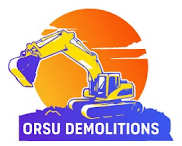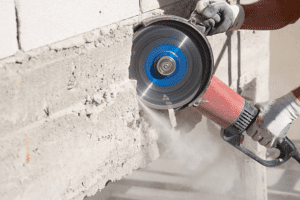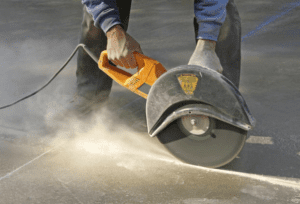When it comes to the best controlled demolition services in Dubai , Orsu Demolition is the trusted name that stands out. We are experts in providing high-quality controlled demolition solutions for a diverse range of projects, spanning from small-scale structures to expansive commercial buildings. With our exceptional expertise, advanced techniques, and unwavering commitment to excellence, we are the favored choice for premier and best controlled demolition services in Dubai.
Controlled demolition is an intricate and strategic process that demands meticulous planning, skilled execution, and strict adherence to safety standards. At Orsu Demolition, our team consists of highly trained professionals who specialize in employing controlled demolition techniques. They bring extensive industry experience to the table and possess the knowledge and proficiency required to handle intricate demolition projects with meticulous precision and utmost efficiency.
One of the key benefits of our best controlled demolition services in Dubai is its ability to minimize disruptions and mitigate the impact on the surrounding environment. Through meticulous planning and execution, we ensure that the demolition process unfolds in a controlled manner, effectively reducing noise, dust, and vibrations. This aspect holds particular importance in densely populated areas or sites that are in close proximity to other structures requiring safeguarding.
At Orsu Demolition, safety holds paramount significance to us. We strictly adhere to internationally recognized safety standards and regulations to ensure the well-being of our team, clients, and the wider community. Our professionals undergo regular training and certification to stay up-to-date with the latest safety practices and techniques. Prior to commencing any project, we conduct comprehensive risk assessments and implement appropriate safety measures to mitigate potential hazards effectively.
In addition to our steadfast commitment to safety, we are deeply committed to environmental sustainability. We understand the importance of minimizing the environmental impact associated with demolition activities. To that end, we employ eco-friendly practices such as recycling and responsible waste management. Materials are meticulously sorted and processed for reuse or proper disposal, effectively reducing waste generation and promoting sustainability.
Client satisfaction remains at the core of our services. We forge close collaborations with our clients, taking the time to comprehend their specific needs and requirements. Throughout the entire process, we maintain transparent communication, keeping our clients informed about the progress and addressing any concerns they may have. Our goal is to consistently deliver projects within agreed-upon timelines and budgets, ensuring our clients’ complete satisfaction with the final results.
In conclusion, Orsu Demolition is the definitive choice for top-notch and best controlled demolition services in Dubai. With our expertise, advanced techniques, unwavering commitment to safety and sustainability, and dedication to client satisfaction, we deliver exceptional results for every project. Contact us today to discuss your controlled demolition needs and witness firsthand our tailor-made solutions that precisely meet your requirements.ed to your requirements.




